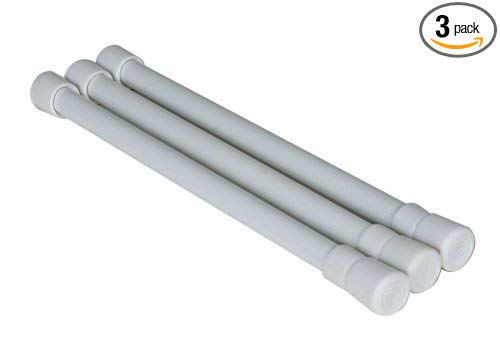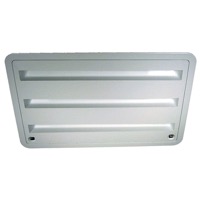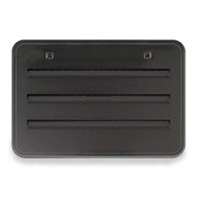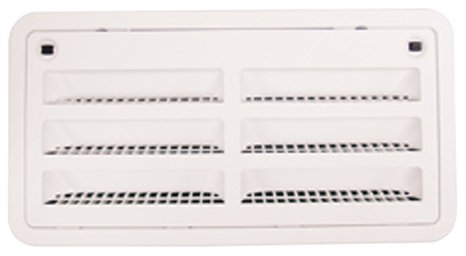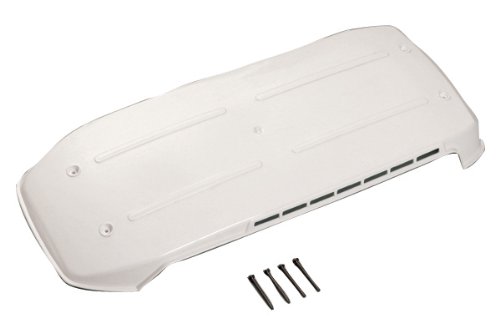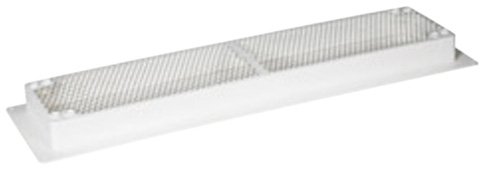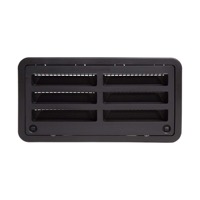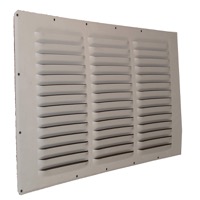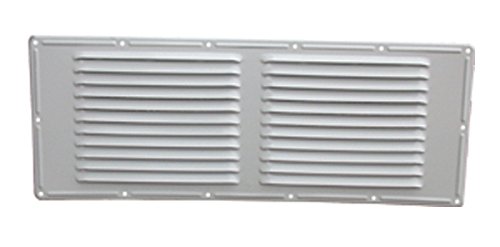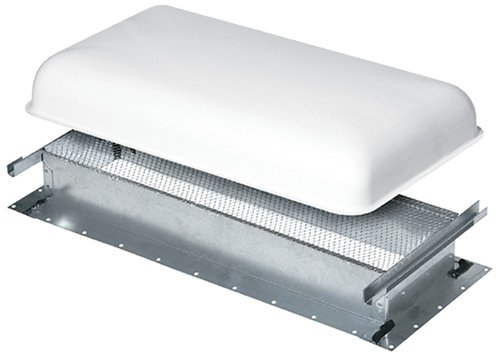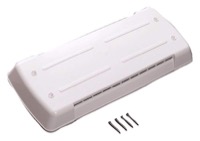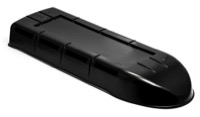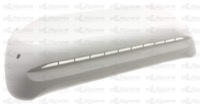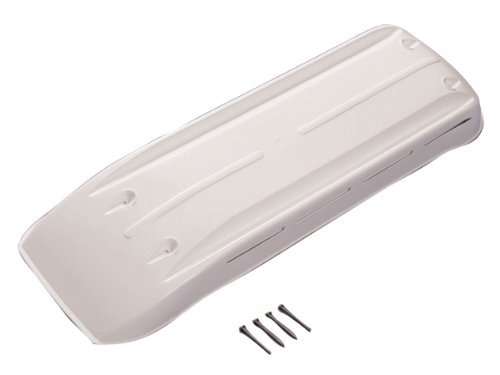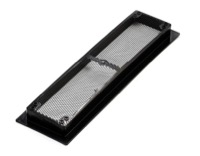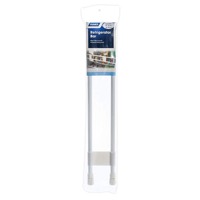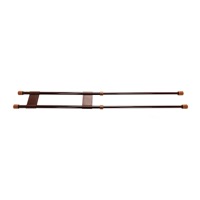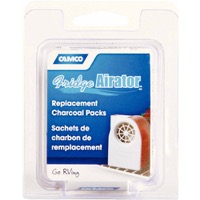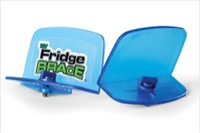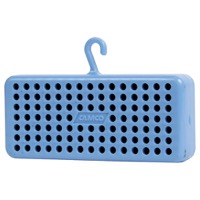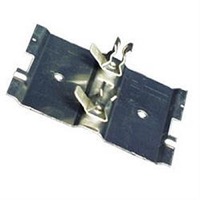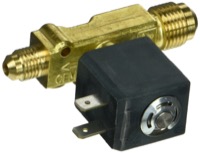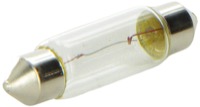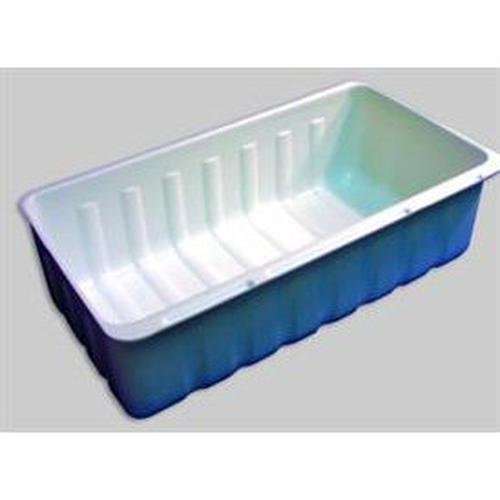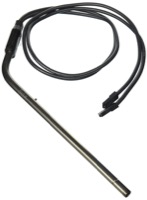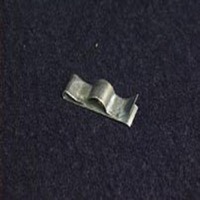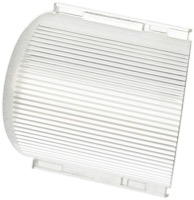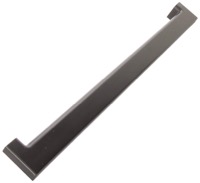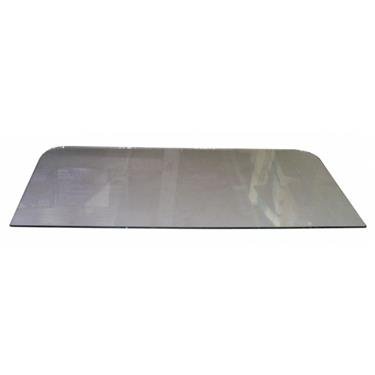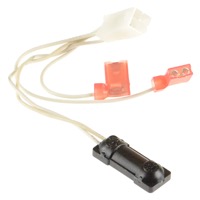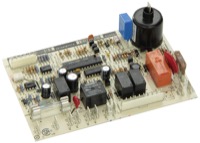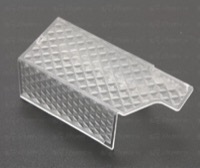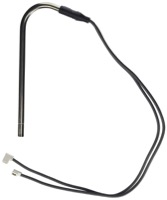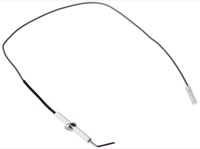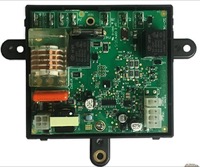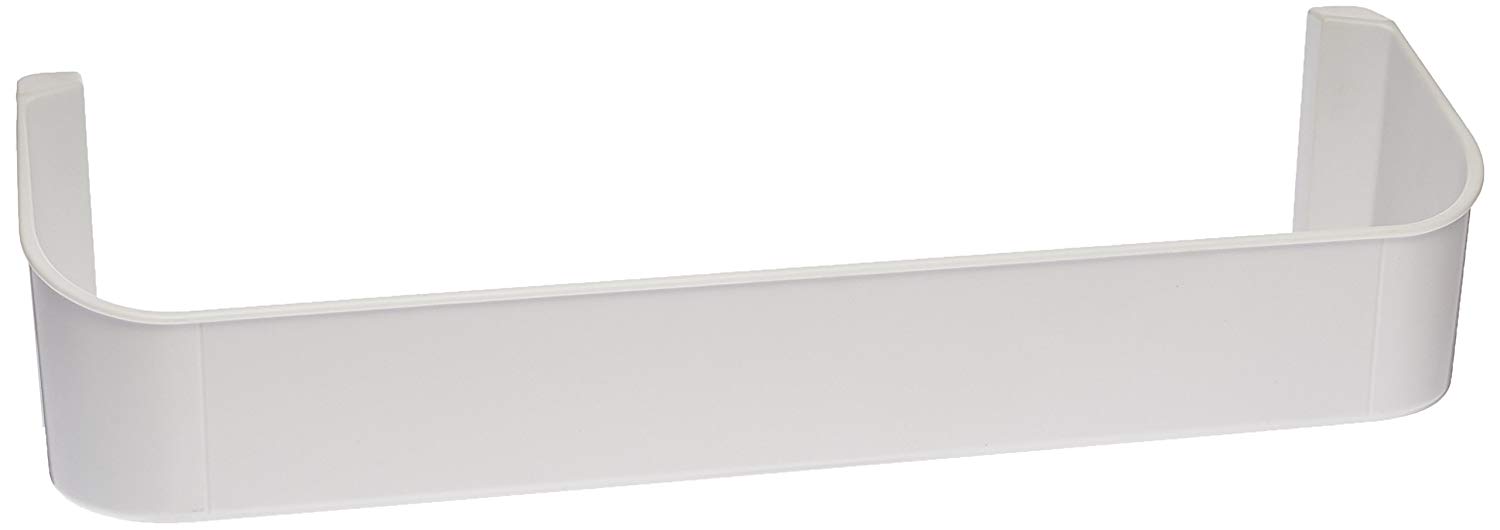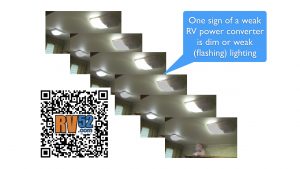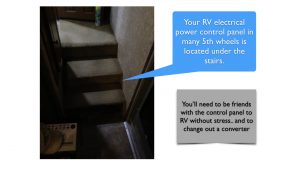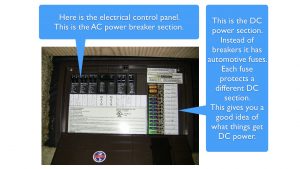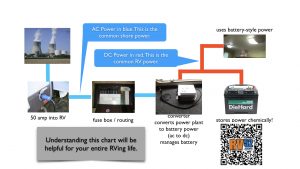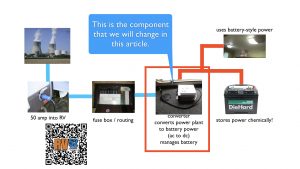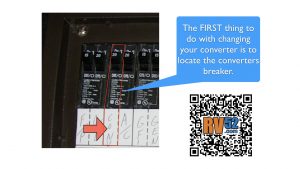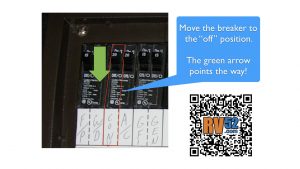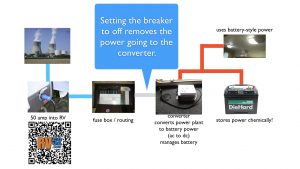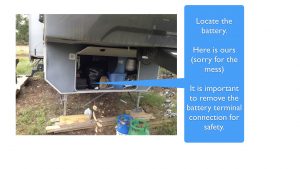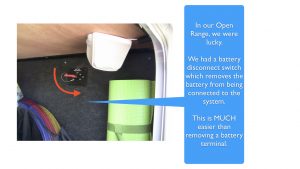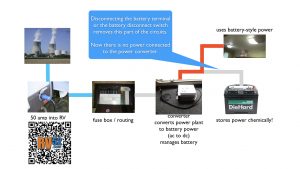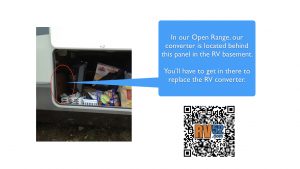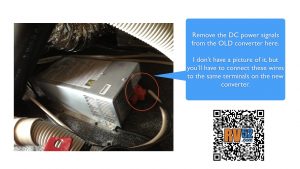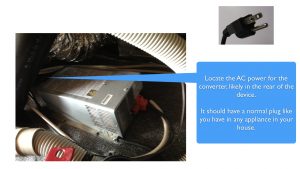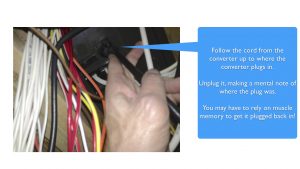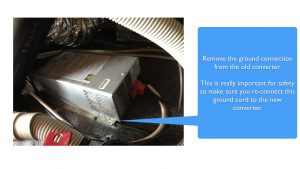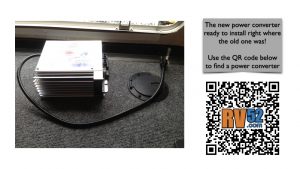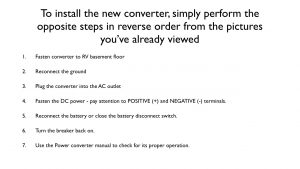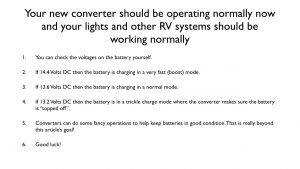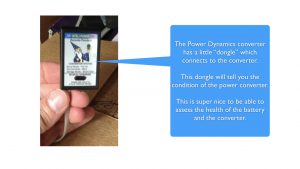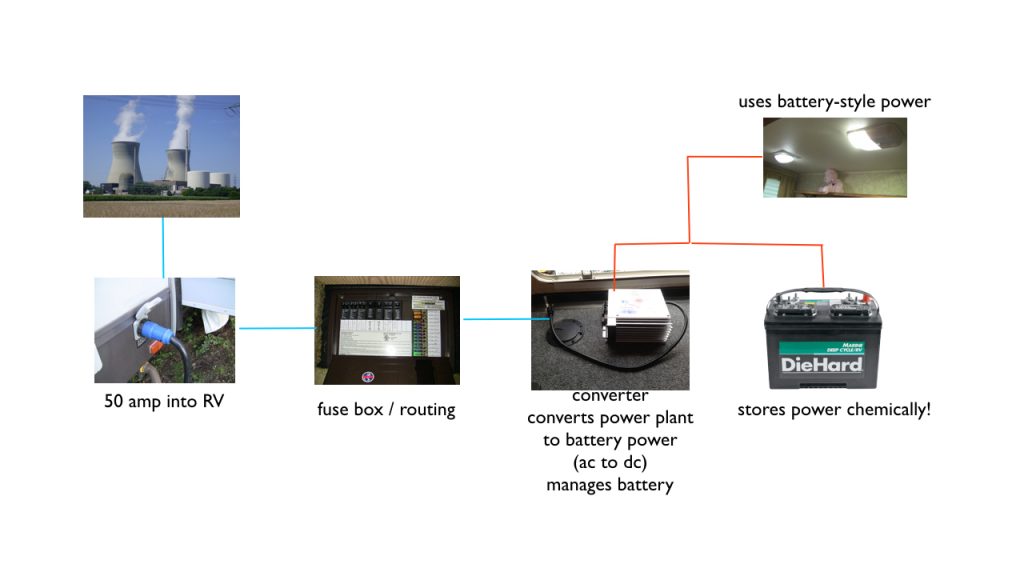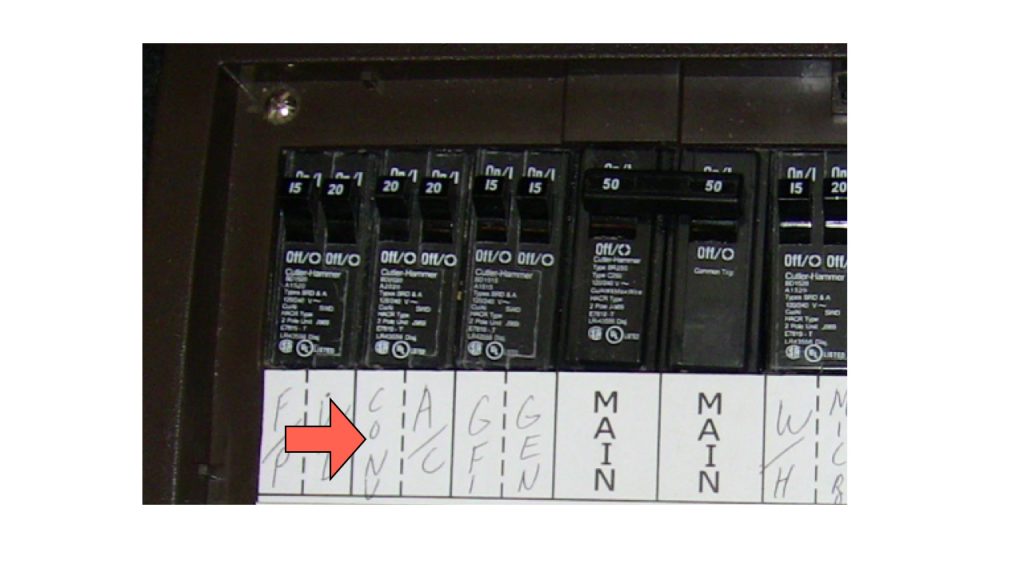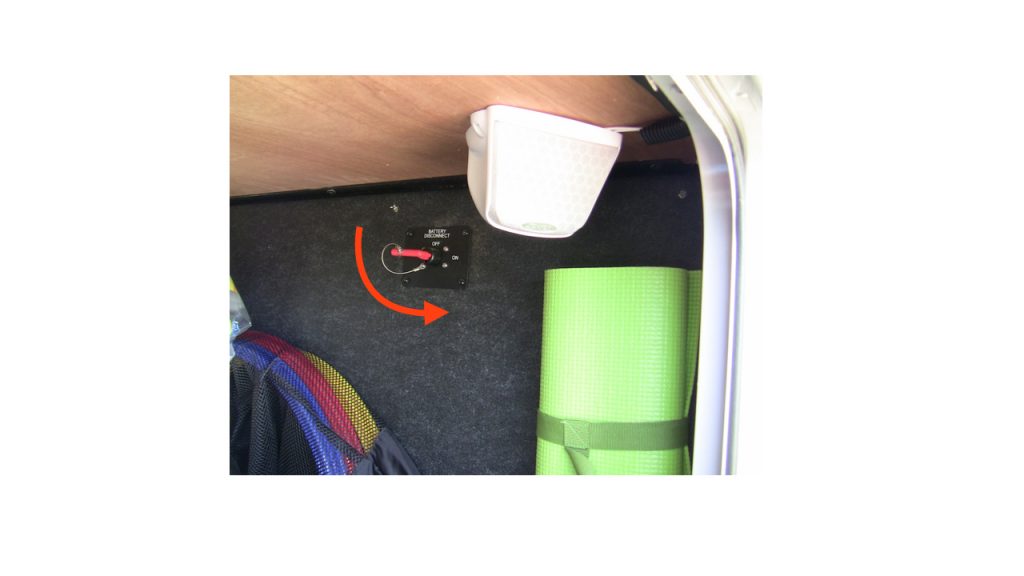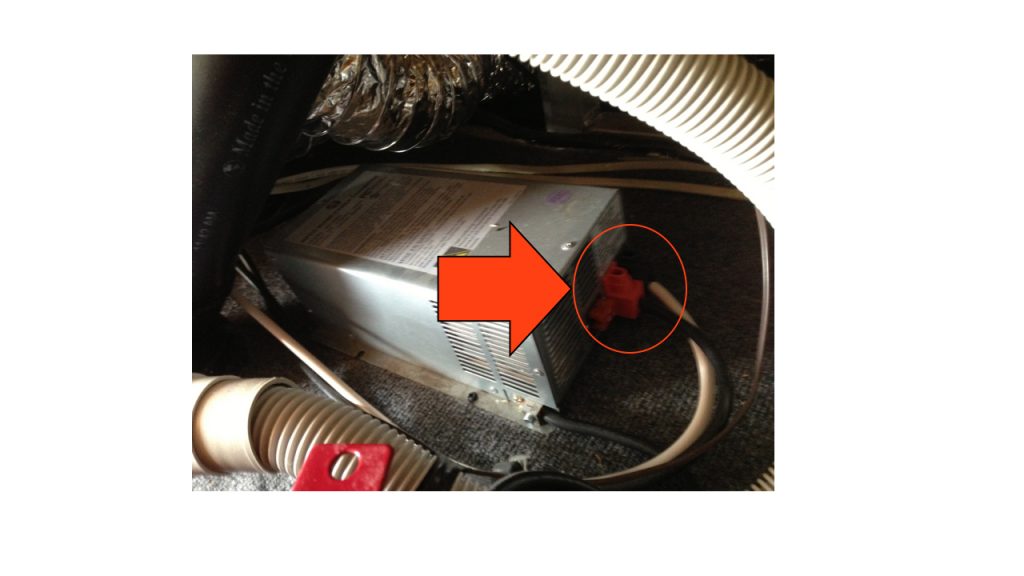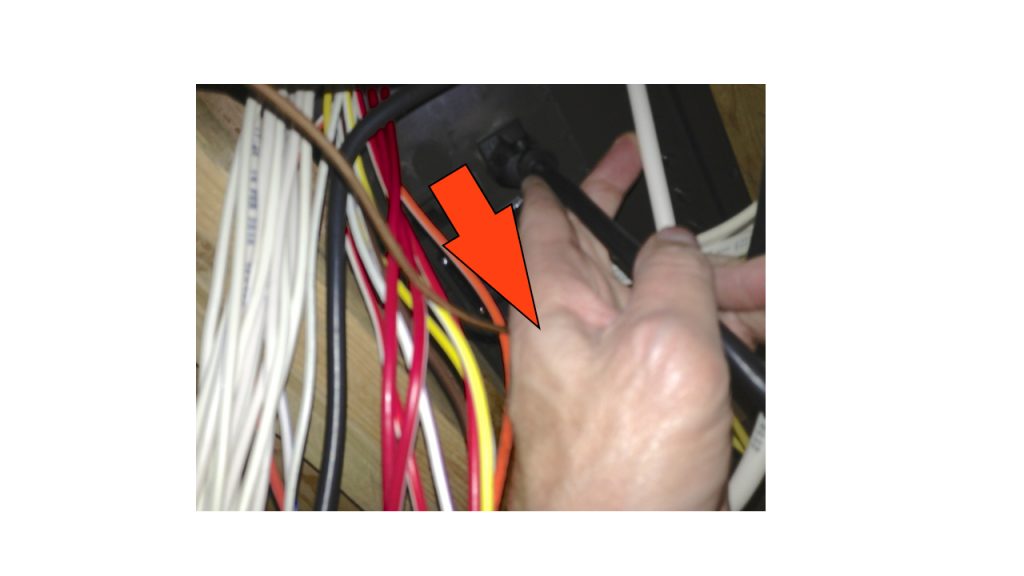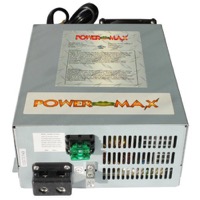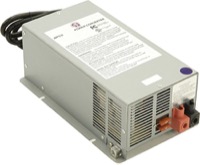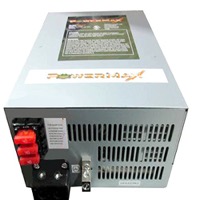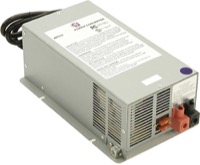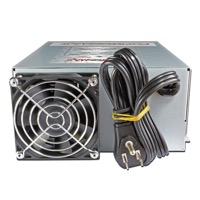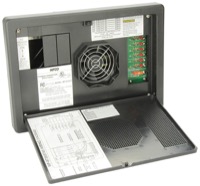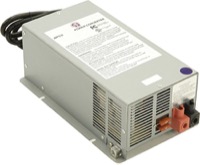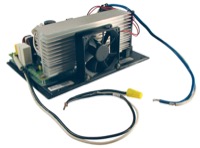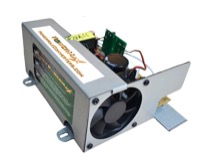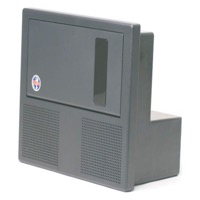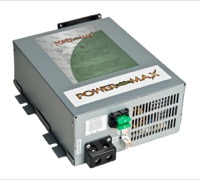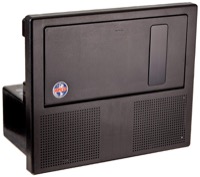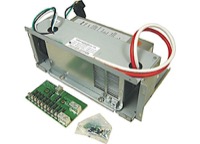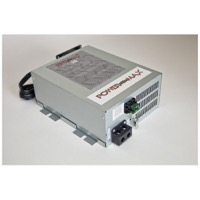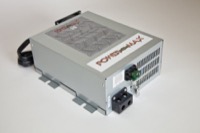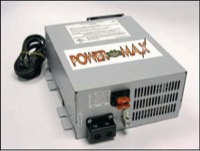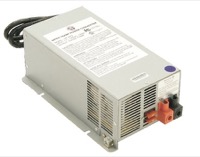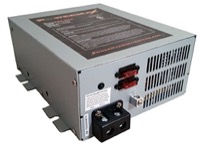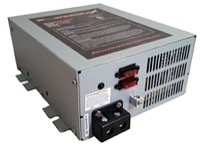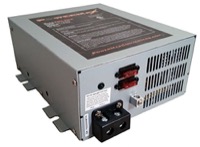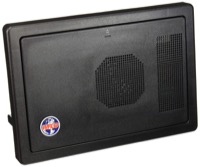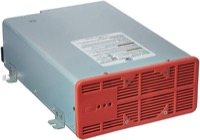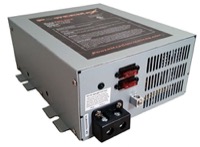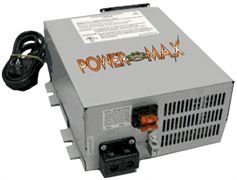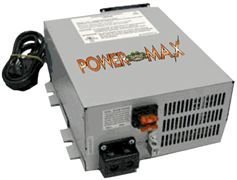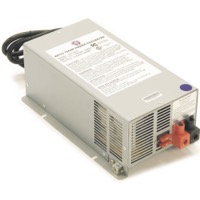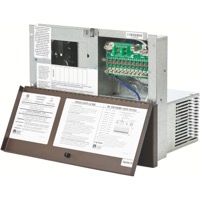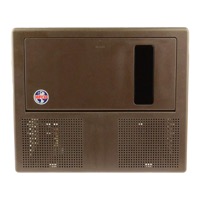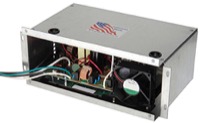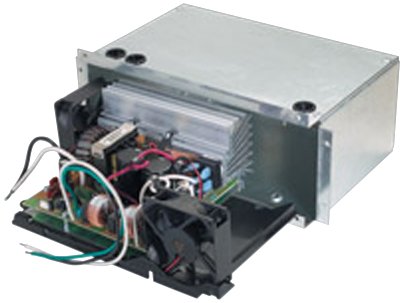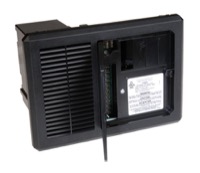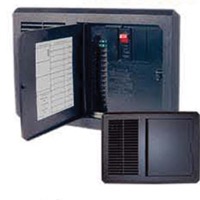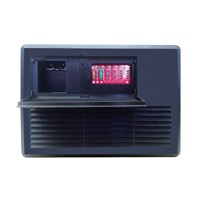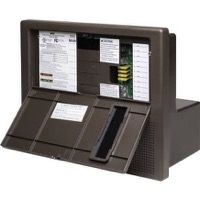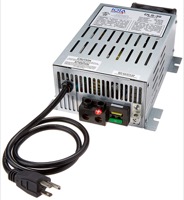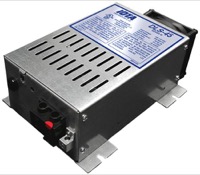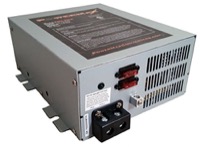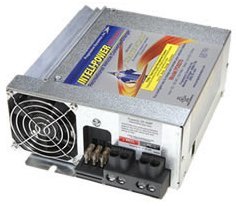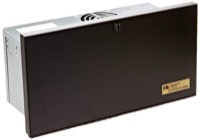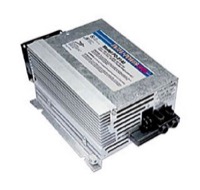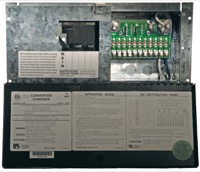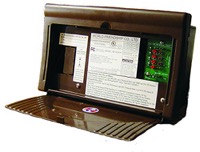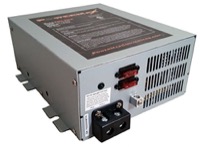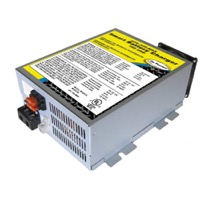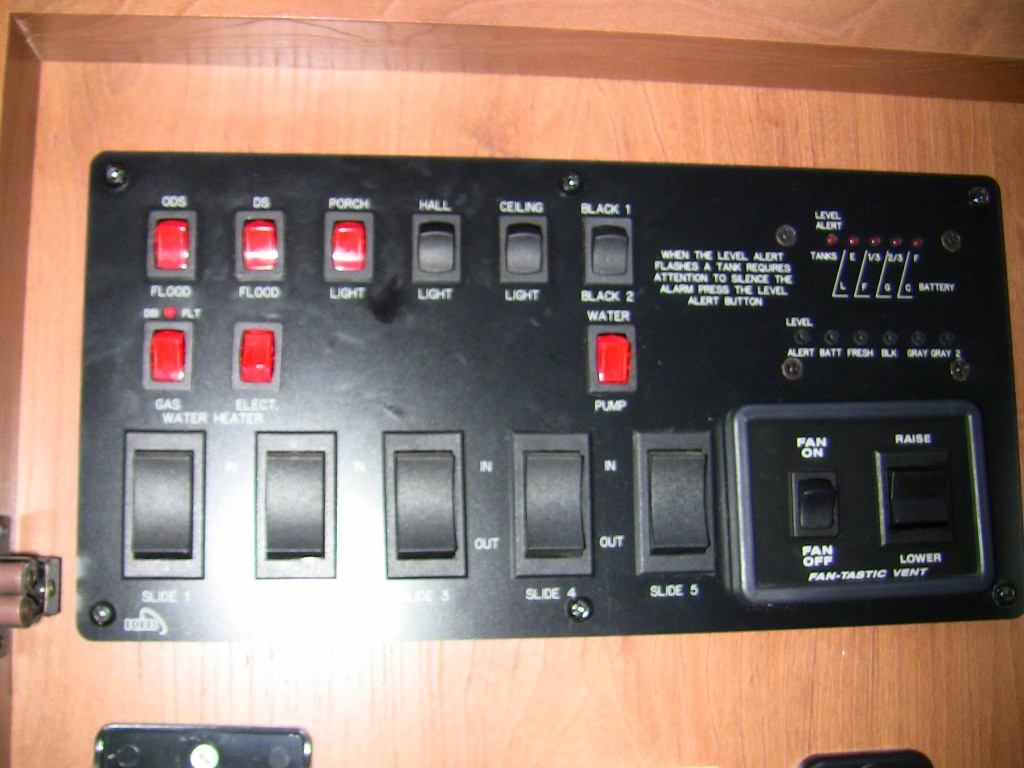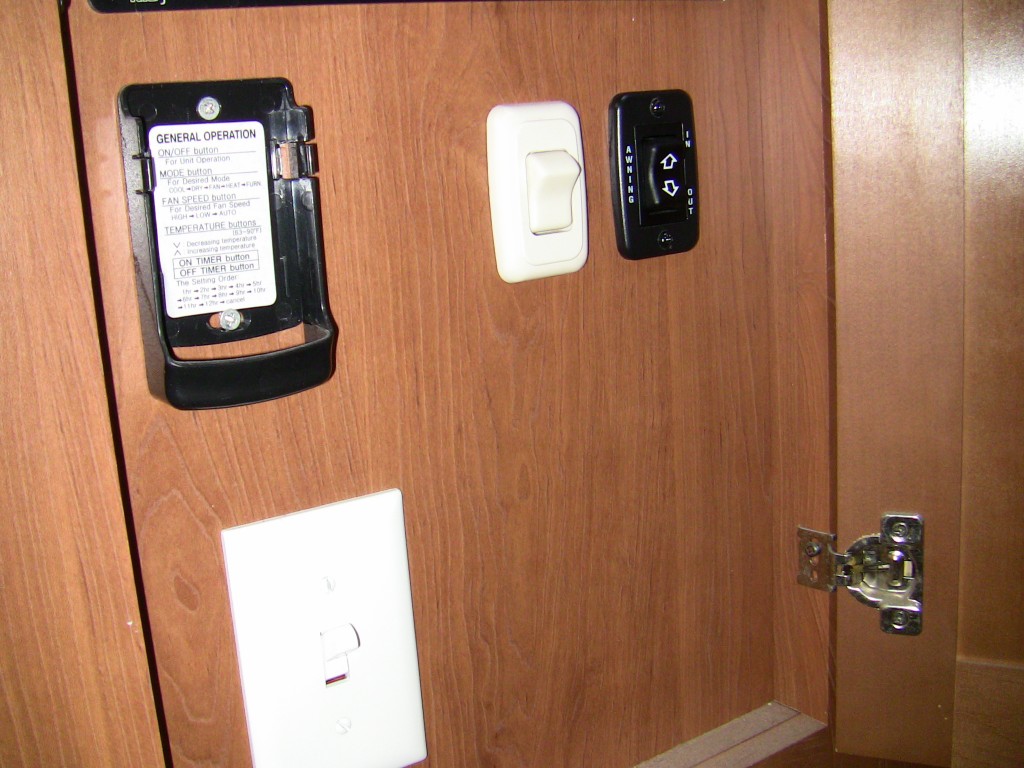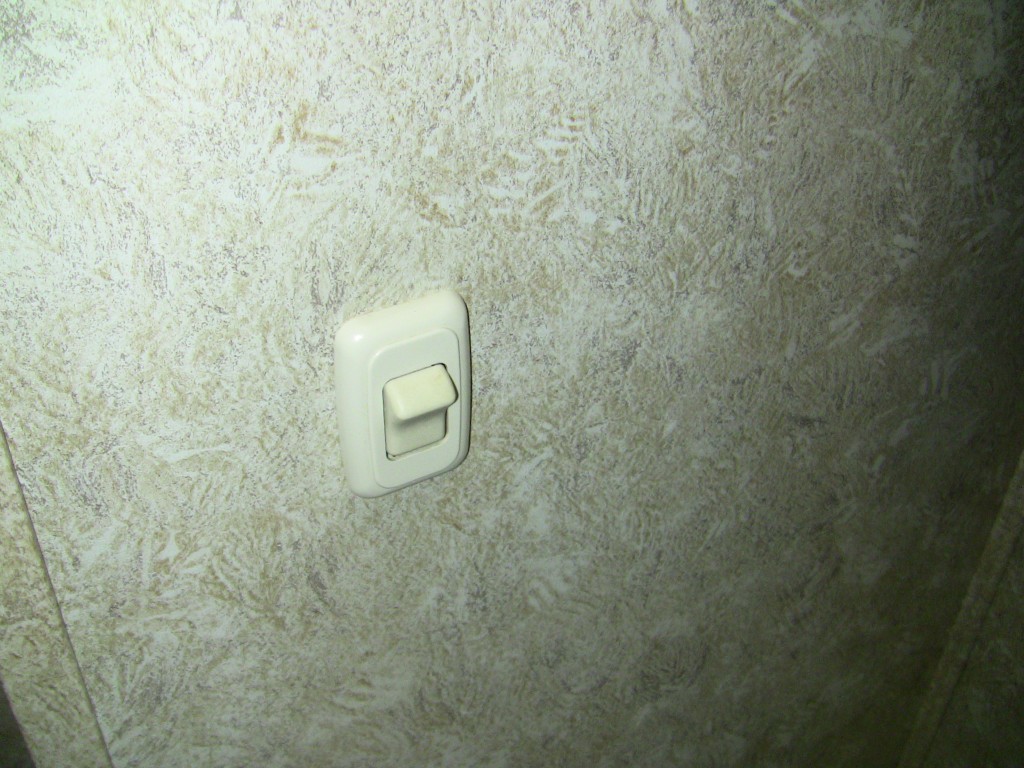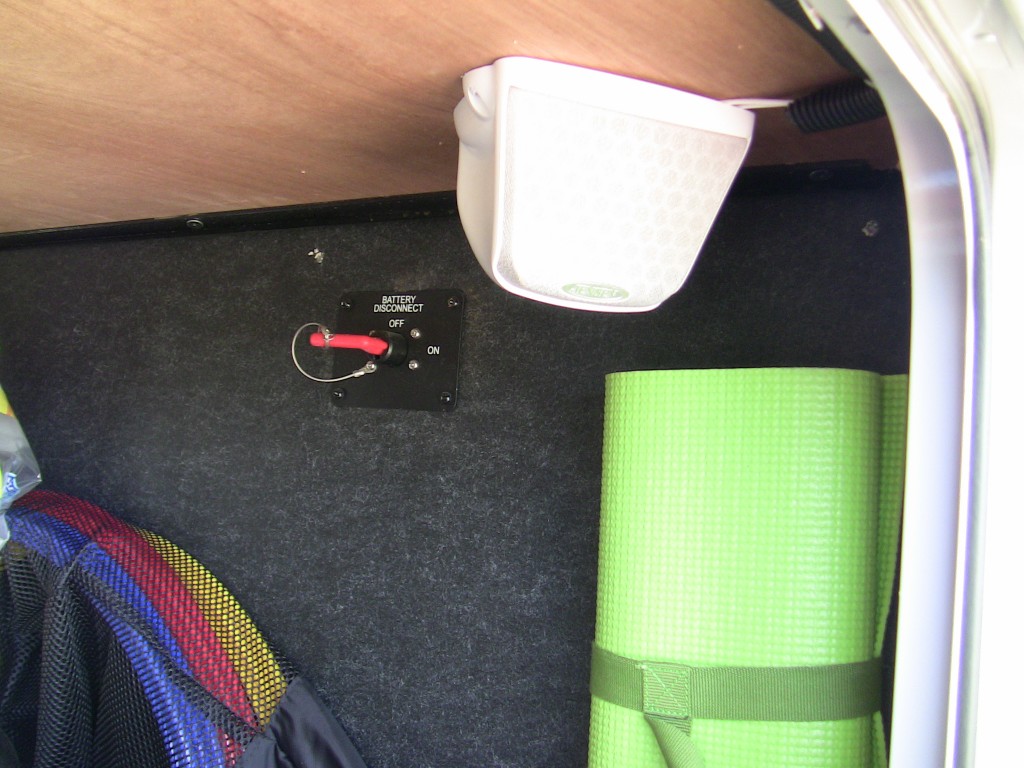Have you ever wondered – how long will an rv fridge run on a battery?
Managing your batteries can be a big headache, if you’re a new RV owner. Especially while boondocking or ‘dry camping’, it gets extremely important to have a fair idea of how long your batteries will last.
In this article, let’s look at a big power guzzler inside your RV- the refrigerator. More specifically, the question I’m tackling today is: How long will a RV fridge run on battery?
A standard RV fridge, while running on propane draws a negligible amount of current to power the electronic control panel up front- so if that’s the only power draw, your batteries could last weeks. Running it on DC electricity, though, will drain your batteries in about 3 hours. That being said, home refrigerators (compressor type) are more efficient on electric but will still exhaust your batteries in about 12 hours.
Now, as my short answer reveals, the exact power usage depends on the type of refrigerator in use. They can be either:
- Propane/DC power refrigerator
- Standard home refrigerator(AC only)
- 3 way fridge(propane/AC/DC)
Let’s look into how each type consumes power, in more detail:
Standard operation: Propane-electric fridge running on propane
Most RV owners have their fridges running on propane all the time, and rarely on AC current, except when they’re plugged in at a campsite or at home.
Now, even though your fridge may be running on propane, most modern design RV fridges need to draw some electricity from the batteries to power the front panel LED’s, thermostat control panel, etc. It’s not really a significant enough draw to talk about, so let’s move on to the next usage type.
Propane-electric fridge running on electricity
While RV fridges these days are mostly 2-way(propane/AC electric), they aren’t nearly as efficient running on electricity as they are on propane.
A single 20 pound tank of propane can last most trailers a month- including simple tasks like refrigerator usage, using the water heater and cooking.
In comparison, a RV fridge when running on battery power will deplete it way below the recommended limit of 50% within just 2-3 hours.
Even standard home fridges, which are bigger in size, are a LOT more efficient when it comes to battery power consumption than 2- way or 3-way RV fridges.
Another reason for inefficiency is that a RV battery provides DC current while the fridge requires AC current to run. So, you must also buy an inverter to convert DC into AC- which introduces some losses into the final current output.
How much power does a residential fridge use in a RV?
According to Gone with the Wynns, an average residential fridge will use about 130 amp-hours of battery in 11 hours.
Keep in mind that most standard RV’s come with four 6V batteries that only offer about ‘useable’ 200 amp-hours on 20 hour rating on full charge.
Understanding battery ratings
While I’ve given you the rule of thumb regarding power consumption in RV fridges till now- you still need to figure out YOUR exact power needs. Only then, can you possibly start planning how much battery power you require.
The first step is to understand battery ratings. Let’s start with amp-hours, probably the most commonly used metric when it comes to understanding batteries.
Amp-hours (Ah) is a current rating that specifies how much power a battery can provide on full charge. Amp-hour specifications are given at a rate of x number of hours- usually 20 hours.
For instance:
If you have a 12V battery rated 200 Ah at a 20 hour rate, that means it’ll give 10 Amps of power continuously for 20 hours, before it gets fully discharged.
How you can plan your battery capacity
You need to know how much power is needed by your appliances or, in other words- the ‘load’ on your battery. Let’s take another simple example.
Say, the appliance we’ve connected is 100W inverter to our 12 V battery. This is the same battery as in the above example, that provides 200 Ah at a 20 hour rate.
The first step is to divide the Power consumption(in Watts) by Voltage supplied to get the current required. 120W divided by 12V gives us 10 A
This means that the battery can provide continuous power to the inverter for 20 hours before discharging completely.
Now, keep in mind that you shouldn’t dip below 50% battery capacity if you care about the battery’s health at all. So, essentially, you can get 10 hours of usage out of the battery.
This isn’t to say that this battery, at most, will only discharge a maximum of 10 A. The current discharged actually depends on the load.
So, if our inverter rating was 360 W, then it’s current requirement at 12 V would be 30 A. This would deplete the battery nearly thrice as quickly, and you’d only get about 3.5 hours of run time till it got to 50%.
All right- enough with the math. Let’s move on to the next piece of information that you should know.
But what if you need more power?
There are a few things you can do:
- Upgrade your batteries
- Get solar panels set up on your rooftop
- Use your generator more
Upgrade Batteries
If you’re planning on getting a residential style fridge, you’ll definitely need to upgrade your batteries and find a way to charge them at least once a day.
You could go about it two ways- either get more batteries OR buy a one or two high quality deep discharge batteries.
Here are several highly ranked deep cycle batteries to choose from.
Deep discharge batteries are specifically made for heavy usage and can be routinely depleted down to 20% of their full battery capacity, without any damage.
If you used a standard RV battery this way, it’s charging capacity would decrease dramatically very quickly, and it wouldn’t last you more than a couple of months.
Just getting more batteries won’t cut it though- you’ll probably still have to find a way to charge them regularly- such as through solar energy or generators.
Install Solar Panels
If you live in a place which gets a good amount of sunlight most of the year, you should consider making your own power. It’s great for the environment(duh!) and also will decrease your generator usage dramatically.
A standard solar panel has a 100 W rating and, during peak sun hours, should theoretically generate about 8 Amps. Practically speaking though, that figure is closer to 6 Amps per hour, which is still pretty great.
All in all, it’s safe to assume that you can get 30 Amp-hours from a single solar panel if you place it in direct sunlight for 5 hours everyday.
This is just a rule of thumb and if you get a higher wattage panel, you’ll get a higher current output…but you get my drift.
My estimate is that an average RV owner’s power usage will be about 50 Amp-hours daily, which you can supply with two solar panels.
Try checking out multiple online stores here and compare for good dealsRun your generator more
A portable generator is really a must for most trailer owners. However, it is definitely a painful chore to run it on a daily basis.
Plus, a lot of campgrounds have rules about generators owing to the noise pollution they create and you can only run them for a certain number of hours. A lot of them are pretty strict about it too, so you might find yourself thrown out if you don’t comply with the rules!
Comparison Shop for RV generators by clicking here.Tips to reduce your RV fridge’s power consumption
#1 Buy a refrigerator fan
This is for all those that have a propane-electric fridge. They simply aren’t as efficient as compressor based fridges at circulating the air inside the fridge.
Here is a
highly rated RV refrigerator circulation fan
(or click here and Comparison shop and save) by Camco.
(or click here and Comparison shop and save)
Getting a fridge fan solves the problem- it’s small enough to not take up much space and it’ll ensure that the cold air circulates well. Better air circulation equals lower temperature inside the fridge, which means that the fridge doesn’t have to work as hard to cool down. You’re effectively making the fridge more efficient.
Add to that- fridge fans are pretty cheap, and will last you about 6 weeks on a single pair of batteries. I find this to be one of the best ‘quick wins’ for increasing your refrigerator’s efficiency.
#2 Don’t overstock your fridge
Stuffing your fridge can block air circulation, which indirectly makes the fridge work harder and consume more power/propane.
If you find yourself regularly packing in too much food, you probably need a bigger refrigerator.
#3 Try shutting your fridge down when on the road
Here’s a crazy idea:
How about, when you’re on the road, you just shut down the fridge for a couple hours?
No, your food won’t spoil. In fact, if you keep the door closed, your fridge won’t lose more than 4 degree F 6 hours after being shut down. You could even stretch that timeline further by putting in a couple of blocks of ice before you shut it off.
Another thing that is pretty common is to use the alternator to provide power to the fridge while the RV is on the road.
Lastly- you could just choose to use propane while driving. I don’t recommend doing this, though, as there have been quite a few accidents on the road that turned fatal because the propane burner was on.
Conclusion
If you have a residential style fridge, I’d say your best bet is to get a couple deep discharge batteries and supplement them with solar panels and a generator so that you’re prepared for all weather scenarios.
If you have a typical RV fridge though, running the rv refrigerator on propane as much as possible makes the most sense and you might be okay with just your standard RV batteries, as long as you’re efficient in other areas.
Hope you found this post on RV fridges and the battery power required by them helpful! Let us know in the comments section what you think! and read this article
RV Refrigerator RV52 Information Database and Links
Here is a link to the master RV52 Refrigerator How-To page.
48 Search Results for RV Refrigerator
Search Results
Need Help?
 24/7 Help
24/7 HelpRefrigerator
Circuit Board
Main Control For Dometic Refrigerators
Dinosaur Electronics Micro P-711
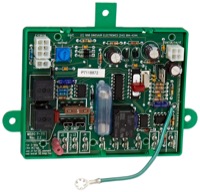 AmazonWalmarteBay
AmazonWalmarteBay
